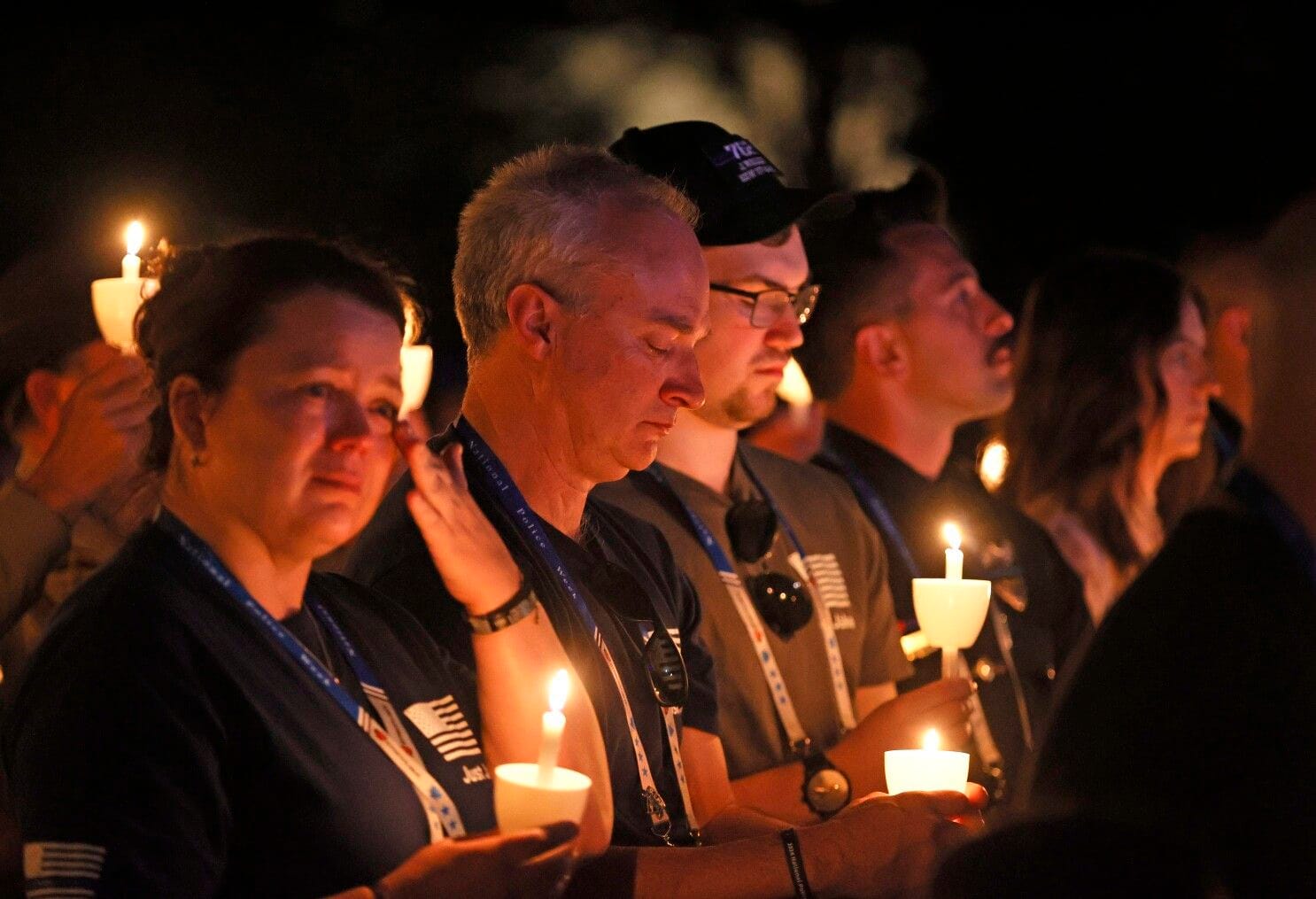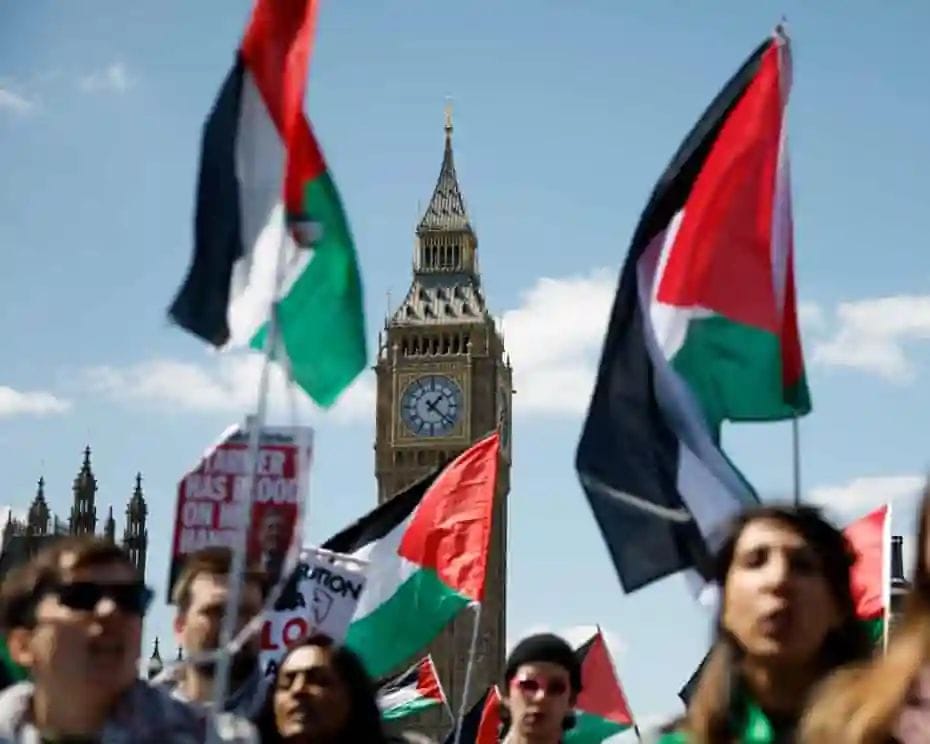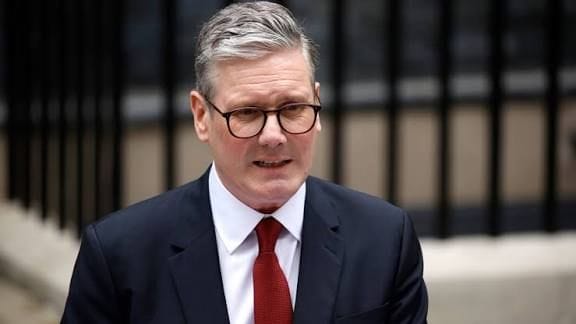The aftermath of 9/11 was one of the most significant turning points in modern history. On September 11, 2001, nearly 3,000 lives were lost in the coordinated terrorist attacks on the United States. Beyond the tragic human cost, the event reshaped U.S. domestic policy, international relations, and the way ordinary people around the world experienced security and freedom. The consequences continue to echo more than two decades later, influencing geopolitics, laws, and culture in ways that are still unfolding.
Shock and Unity in the Immediate Days
In the first hours and days after the attacks, grief and disbelief swept across America and the world. Vigils were held globally, and nations expressed solidarity with the United States. For the first time in history, NATO invoked Article 5, declaring the attack on one member as an attack on all. Air travel was grounded nationwide, and heightened security became the new normal.
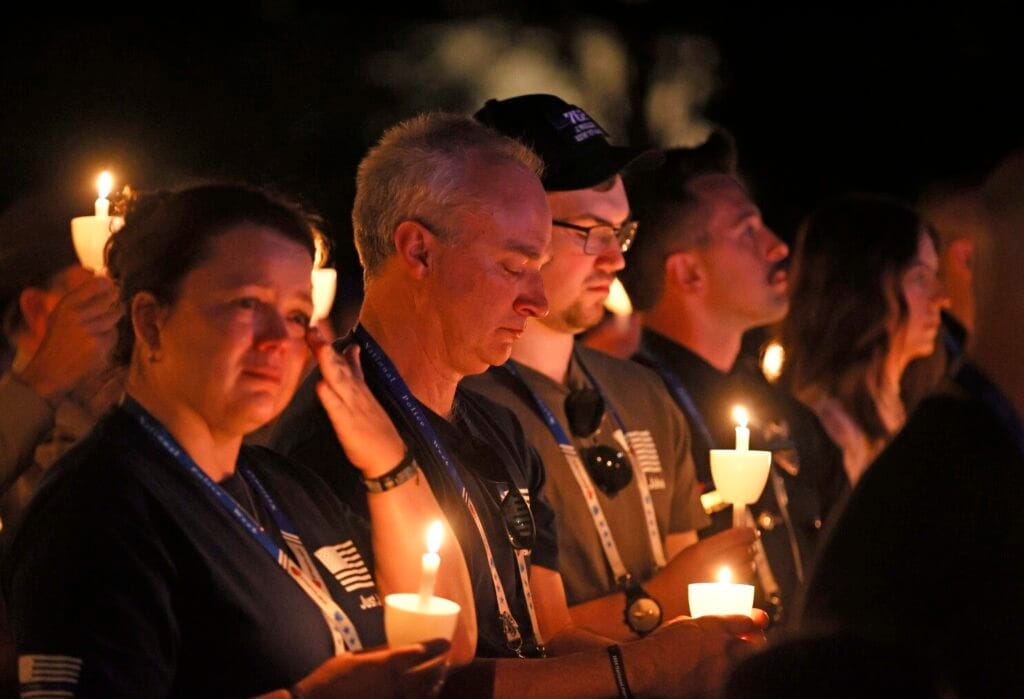
At home, Americans displayed remarkable unity. Flags appeared on homes, cars, and businesses, while first responders were hailed as national heroes. But as shock gave way to action, the U.S. government prepared a sweeping response that would define the aftermath of 9/11 for decades.
Launch of the War on Terror
One of the most defining developments was the declaration of the War on Terror by President George W. Bush. The U.S. pledged to dismantle terrorist networks worldwide, starting with al-Qaeda, which had claimed responsibility for the attacks.
In October 2001, the U.S. and its allies launched the invasion of Afghanistan, targeting the Taliban regime that had provided sanctuary to al-Qaeda. Though the Taliban was quickly toppled, the conflict spiraled into a prolonged war lasting 20 years, ending only in 2021.
This aggressive stance sent a clear message: terrorism would be met with global resistance. Yet, it also raised complex questions about sovereignty, civilian casualties, and the balance between freedom and security.
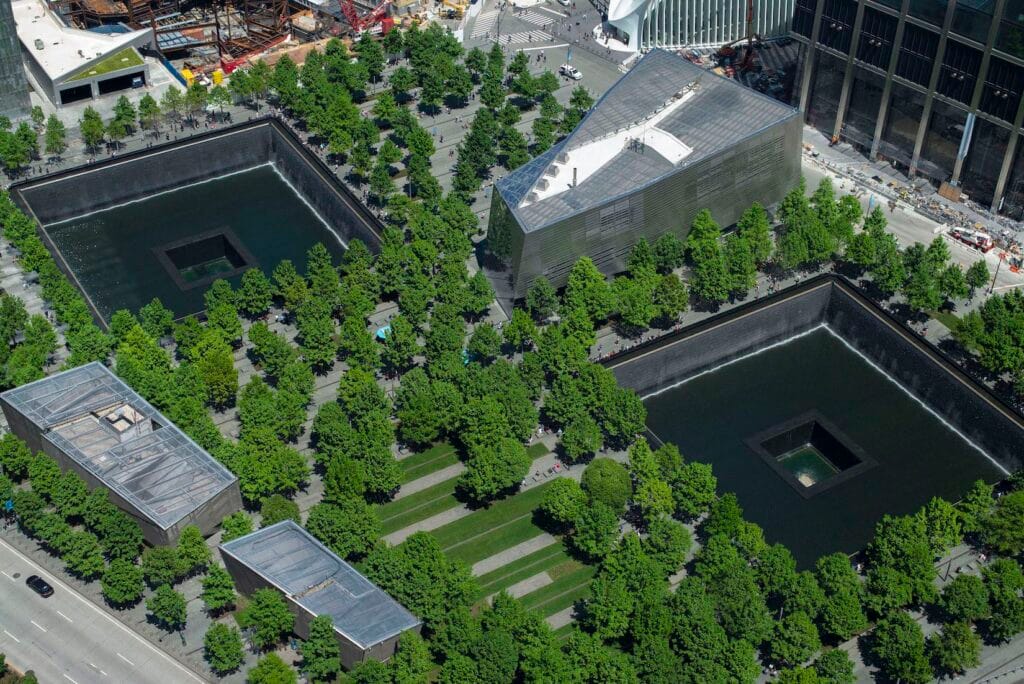
The Patriot Act and Expanding Government Powers
Another hallmark of the aftermath of 9/11 was the passing of the USA Patriot Act in October 2001. This legislation granted sweeping powers to law enforcement and intelligence agencies, allowing them to monitor communications, conduct surveillance, and detain suspects with fewer restrictions.
Supporters argued that these measures were necessary to prevent further attacks. Critics, however, warned that the Patriot Act compromised civil liberties and privacy rights. Its legacy is still debated today, as governments worldwide adopted similar counterterrorism policies.
Homeland Security and Airport Security Overhaul
The U.S. created the Department of Homeland Security in 2002 to centralise national defence against terrorism. This marked one of the most significant government reorganisations in American history, merging 22 agencies under one umbrella.
Every day life has also changed dramatically, particularly regarding air travel. Before 9/11, airport security was relatively relaxed. Afterwards, the Transportation Security Administration (TSA) introduced strict measures: removing shoes, limiting liquids, using full-body scanners, and creating no-fly lists. Travellers across the globe felt the ripple effects as similar security upgrades were adopted worldwide.
The aftermath of 9/11 thus transformed not just government policies but also the daily routines of millions of people.
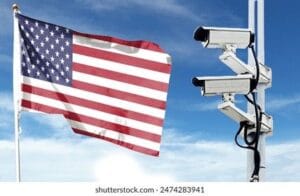
Global Consequences and the Iraq War
While Afghanistan was the first battleground, the War on Terror expanded further. In 2003, the U.S. invaded Iraq, citing concerns over weapons of mass destruction and ties to terrorism. Although such weapons were never found, the war destabilised the region and fueled ongoing conflict, eventually giving rise to extremist groups like ISIS.
Globally, alliances shifted. Some nations supported U.S. actions, while others opposed them. The Middle East, in particular, saw decades of instability that can be traced back to the aftermath of the 9/11 decisions.
Social and Cultural Impact
Beyond politics and war, 9/11 changed how people viewed safety, identity, and community. The rise of Islamophobia became a painful reality for Muslim and Middle Eastern communities, who faced increased discrimination, suspicion, and violence.
At the same time, popular culture—from films to books—began grappling with themes of terrorism, heroism, and loss. Annual memorials, documentaries, and stories about first responders and survivors ensured that the memory of the attacks remained vivid.
Long-Term Legacy
Today, more than two decades later, the aftermath of 9/11 still shapes the modern world. The wars in Afghanistan and Iraq left long-lasting geopolitical scars. Surveillance and counterterrorism measures remain embedded in daily life. For many, the attacks marked the end of the optimism of the 1990s and the beginning of a more uncertain global era.
The killing of Osama bin Laden in 2011 symbolized justice for some, but it did not end terrorism. Instead, extremist ideologies evolved, spreading online and across borders. Meanwhile, the emotional wounds of survivors, families of victims, and first responders remain profound.
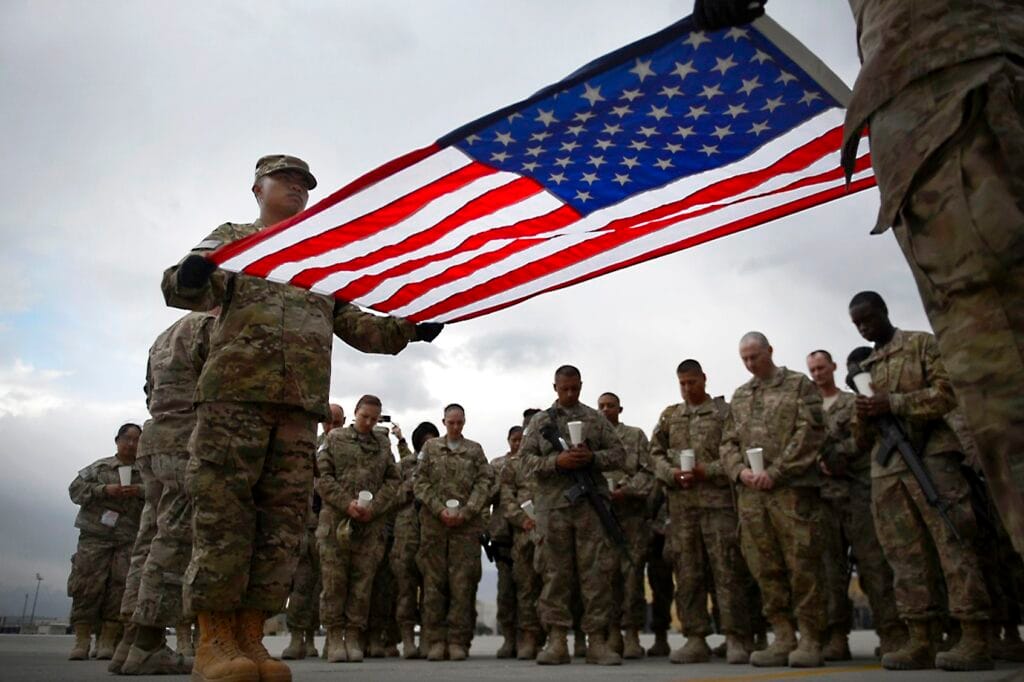
Finally
The aftermath of 9/11 was more than just a response to a single tragic day—it was a reshaping of the global order. From the War on Terror and the Patriot Act to the invasion of Afghanistan and the rise of Homeland Security, the world has been permanently altered. While much has been done to prevent another attack of such magnitude, the social, political, and cultural consequences remain deeply woven into the fabric of the 21st century. Read more at Swiftreportnow

